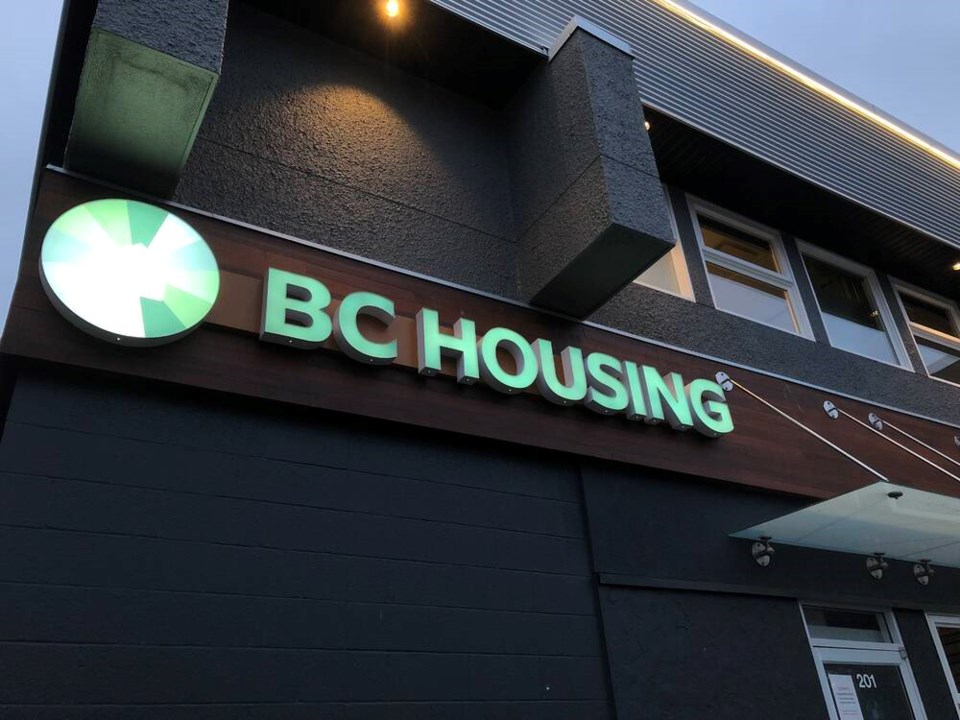A commentary by a writer and long-time political activist.
A Times Colonist article this month, “Point-in-Time count shows homeless numbers up slightly,” sounds yet another death knell to any faint hope of ending homelessness in Victoria.
According to the writer, the present homeless count in Greater Victoria is higher than in 2020. This human catastrophe shows no signs of abating after decades of empty promises by politicians.
Sometimes valuable insights into a problem come from looking at it through a new lens and from a different angle. Can we really afford not to explore all of the possible factors keeping homelessness alive and well in B.C.?
Instead of focusing on the victims of this social malaise, one way to tackle the problem of homelessness is to look at the political forces that helped to create it and their investment in its perpetuation. The solution to homelessness is to change the political infrastructure that supports it. Inhumane government policies created the fertile social conditions where homelessness took hold and spread in this province. When Gordon Campbell became premier in 2001, slashing social programs was top of his agenda.
His austerity measures caused widespread destitution, exacerbating poverty levels in the most vulnerable populations. Income assistance rates were sharply reduced; welfare time limits were enforced; mental health staff were cut by 70 per cent; tenancy protections were gutted; and legal aid decimated.
Sixteen years of this brutal government-enforced hardship, inflicted on already-impoverished people, most likely resulted in many of them losing everything, including their homes.
In 2007, The Tyee referred to Campbell as “the premier who has presided over a doubling in the number of homeless.”
Poverty has become a big business in B.C. Unfortunately, ending homelessness necessitates looking at who benefits from its continued existence. There is little incentive for our provincial politicians to end homelessness when that means putting themselves out of a job.
This is not about excellent cost-effective non-profit initiatives, such as Our Place and Cool-Aid, but the plethora of provincial government initiatives that have ballooned around the homeless problem for years.
Do we really need a new Office of Homelessness Coordination, created by the NDP government in 2019?
B.C.’s Homelessness Strategy cost taxpayers $633 million in Budget 2022 and the tab is $1.5 billion for this year. So, why is there a steadily increasing occupation of downtown Victoria by indigent homeless people?
The optics are disturbing. According to the Vancouver Sun’s public sector salaries database, published in January, the executive director of strategic policy initiatives in the Ministry of Social Development and Poverty Reduction earns an annual income of $90,281.
The ministry’s manager of poverty reduction makes $75,439. But medically disabled clients under their care are still forced to live on benefits below B.C.’s poverty line.
A while back, I witnessed first-hand the terrible human cost when our public servants put self-interest before the vulnerable people in their charge.
Stranded in Vancouver by a cancelled ferry, the only affordable accommodation was St. Helen’s Hotel on Granville. Nobody had cleaned or maintained the building. The carpets were blackened by dirt and grime, adding to the stench of filthy walls and hallways.
Cockroaches greeted me when I turned down the bed covers. Vomit covered a wall of the downstairs common bathroom and blood was splattered everywhere.
It was unthinkable that anyone would call this place home because it was not fit for human habitation. But many did, courtesy of B.C. Housing.
The hotel is owned by B.C. Housing and managed by Atira Property Management. Recently, Premier David Eby launched an investigation into misuse of public funds within the Crown corporation.
Before he resigned, Shane Ramsay, B.C. Housing CEO, had an annual salary of $366,013. Under Ramsay’s watch, Atira’s funding grew to a massive $74 million.
Mine is not a case for small government or low taxes, but the need to replace the culture of entitlement and enrichment with accountable and responsible governance.
Citizens have an absolute right to know exactly how their tax dollars are being spent.
With homelessness, there should be total transparency in telling the public exactly how much money is going to practical solutions and what is being paid to those who administer them.
B.C. citizens deserve political leaders who will address the systemic causes of poverty and homelessness; eliminate policies that breed them; and implement strategies to reduce them.
We need to hold them accountable for how they use our money. Then maybe we will see an end to poverty and homelessness.
>>> To comment on this article, write a letter to the editor: [email protected]



